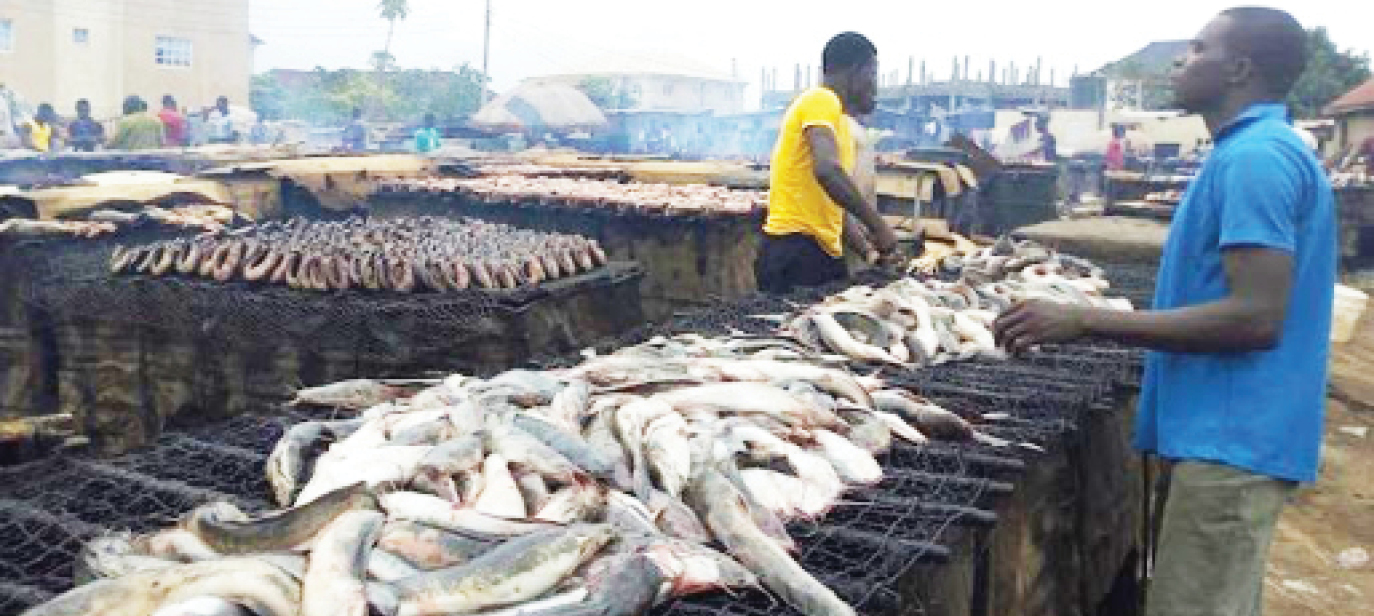Following a meeting between fish farmers and catfish traders in Abuja on Wednesday, November 1, 2023, the price of one kilogram of catfish will now sell for N1,800, up from the initial N1, 300 per kilogram.
A price hike and maintenance of this new regime was agreed upon by the fish stakeholders from Ibadan and Ilorin. Additionally, updated prices showed that 700g–900g of catfish would now cost N1,400, while 500g-600g would cost N1,300.
The Abuja fish farmer’s working committees presented the feeding plan for 1,000 fish, which reveals that farmers have suffered significant losses recently. The total cost of raising 1,000 fish was N1.3 million, and the ratio indicates that 1kg of fish costs 1300 with additional hidden costs, while farmers have been selling their fish at a loss at N1,100 per kg.
Juvenile seeds currently cost N45 each, making a thousand pieces cost N45,000.
Agric expert explains how food prices can become cheaper
How onion proceeds stimulate cultivation in Plateau despite expensive input
According to statistics, 90 percent of Abuja’s fish farmers stock Clarias catfish rather than hybrids, while consumers prefer hybrid catfish.
The coordinator for fish farmers in the Federal Capital Territory, Ekene Dominic, stated that the expenses incurred in cultivating a thousand catfish exceed the amount sold, and that this trend has resulted in the closure of numerous farms in the FCT.
A prominent catfish dealer Alhaji Khalid Abubakar, said they hope to establish a long-term bilateral connection with fish growers to guarantee sustainable supply of fish in the Federal Capital Territory.
Mr Aminu, the chairman of catfish dealers Kado fish market, assured fish farmers that they were willing to work with them to find solutions to the FCT’s failing fishing business.
On the high price of feed in the North Central, representative of Olams fish Feeds Company noted that the high cost of feed was due to the present economic situation of the country as they import grains and other materials for production of feed, adding that the falling exchange rate worsens the matter.
He advised the farmers to sell according to the cost of production.
Chairman of FCT fish feed and fisheries, Mr Abdukadih Isah, called on all stakeholders in the industry to work together to save the fishery industry in the FCT. He also called for cooperation among the groups to achieve a common goal, as the industry is on the verge of collapsing.
Mr Julius Adeju, the FCT fish farmers’ spokesperson, encouraged the farmers to work together to engage stakeholders on the increase in fish prices; else, the farmers will cease operations.
Both sides will sign a MoU on trade relations and the regulation of catfish inflows from other states to Abuja, particularly Ibadan and Ilorin.
Farmers stated that they had the potential to provide the necessary fish for the FCT, and that the government should assist by providing feed subsidies to sustain the FCT’s fisheries business.

 Join Daily Trust WhatsApp Community For Quick Access To News and Happenings Around You.
Join Daily Trust WhatsApp Community For Quick Access To News and Happenings Around You.

